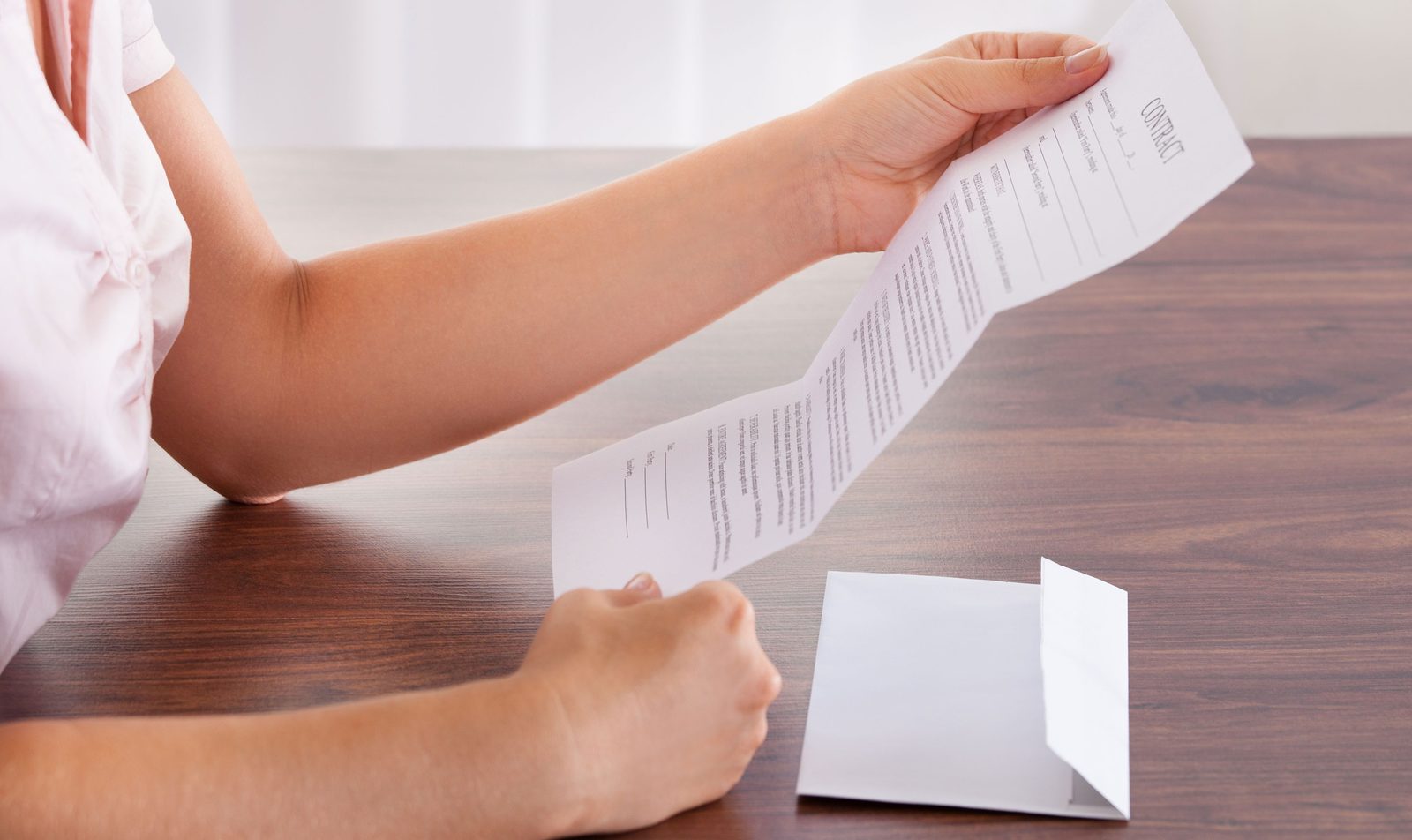UK Taxman Targets Higher Earners: HMRC Sends Letters To Households Earning Over £23,000

Table of Contents
Who is Receiving These HMRC Letters?
HMRC uses sophisticated data-matching techniques to identify potential discrepancies in reported income. They cross-reference information from various sources, including self-assessment tax returns, PAYE records, and data provided by banks and other financial institutions. This rigorous process aims to ensure everyone pays their fair share of income tax.
The criteria for receiving an HMRC letter often include:
- Income Threshold: Individuals earning over £23,000 per year are a primary focus, although the exact threshold might vary depending on individual circumstances and reported income sources.
- Self-Employment or Multiple Income Streams: Self-employed individuals and those with multiple sources of income (e.g., employment plus rental income) are more likely to be targeted due to the complexities of reporting different income types accurately.
- Self-Assessment Return Discrepancies: Errors or omissions in self-assessment tax returns are a common trigger for HMRC investigation. Even seemingly small mistakes can lead to a letter.
- Recent Employment Changes: Significant changes in employment status or income levels can also flag a potential discrepancy and result in an HMRC review.
What Information Do the Letters Contain?
HMRC letters typically detail specific income discrepancies identified during their review. They clearly state the difference between the income reported by the taxpayer and the income assessed by HMRC. These letters also:
- Highlight discrepancies: They will explicitly show the difference between your reported income and HMRC's figures, often listing the source of the discrepancy.
- Request supporting documentation: Expect a request for evidence to support your income declaration. This might include payslips, P60s, bank statements, and other relevant financial documentation.
- Set a deadline: A clear deadline is provided for responding to the letter and providing the requested information. Failure to meet this deadline can lead to penalties.
- Provide contact details: The letter will include contact details for HMRC's enquiry team, enabling you to seek clarification or ask questions.
Ignoring an HMRC letter is unwise. Failure to respond within the given timeframe can result in penalties, interest charges, and even a full-scale tax investigation.
What Should You Do If You Receive an HMRC Letter?
Receiving an HMRC letter can be daunting, but a calm and organised response is key. Follow these steps:
- Don't ignore the letter: This is the most important step. Ignoring the letter will only exacerbate the situation.
- Gather your documentation: Collect all relevant payslips, P60s, bank statements, and any other documents that support your income declarations.
- Review your tax return: Carefully review the tax return to identify any potential errors or omissions.
- Contact HMRC or a tax advisor: If you have questions or are unsure how to proceed, contact HMRC's enquiry team or seek professional advice from a qualified accountant or tax advisor.
- Respond promptly and accurately: Provide a detailed and accurate response within the given deadline, addressing all the points raised in the letter. Accurate and timely responses can avoid further complications.
Avoiding Future HMRC Scrutiny: Tax Planning Tips for Higher Earners
Proactive tax planning can significantly reduce the risk of future HMRC scrutiny. Here are some key strategies:
- Maintain meticulous records: Keep accurate and detailed records of all income and expenses. This will prove invaluable if you ever need to demonstrate your income accurately.
- File your tax return on time: Always submit your tax return before the deadline to avoid penalties.
- Seek professional tax advice: Regularly consulting a tax advisor, especially if your financial situation is complex, can provide peace of mind and ensure you're taking advantage of all relevant tax reliefs.
- Understand tax allowances and reliefs: Familiarize yourself with the various tax allowances and reliefs available to you. This can help you reduce your overall tax liability.
- Employ tax-efficient investment strategies: Explore tax-efficient investment options to minimise your tax burden while building your wealth.
Understanding Your HMRC Tax Obligations - Taking Action Today
HMRC is actively targeting higher earners in the UK, sending letters to individuals earning over £23,000. Prompt and accurate responses to these communications are crucial to avoid penalties and potential tax investigations. If you've received a letter or are concerned about your tax obligations, seek advice immediately. Don't leave your tax affairs to chance. Proper tax planning can prevent future issues and ensure compliance with UK tax law. Contact a qualified tax advisor today to discuss your individual circumstances.

Featured Posts
-
 Baggelis Giakoymakis I Tragodia Toy 20xronoy Kai I Skia Toy Bullying
May 20, 2025
Baggelis Giakoymakis I Tragodia Toy 20xronoy Kai I Skia Toy Bullying
May 20, 2025 -
 Jennifer Lawrence Je Dvojnasobnou Mamou Potvrdenie O Druhom Dietati
May 20, 2025
Jennifer Lawrence Je Dvojnasobnou Mamou Potvrdenie O Druhom Dietati
May 20, 2025 -
 Kaempig Seger I Malta Jacob Friis Inleder Sin Era
May 20, 2025
Kaempig Seger I Malta Jacob Friis Inleder Sin Era
May 20, 2025 -
 The Sami Zayn Beatdown Rollins And Breakker On Wwe Raw
May 20, 2025
The Sami Zayn Beatdown Rollins And Breakker On Wwe Raw
May 20, 2025 -
 La Decision De Schumacher En 2010 Un Amigo Cuenta La Historia Completa
May 20, 2025
La Decision De Schumacher En 2010 Un Amigo Cuenta La Historia Completa
May 20, 2025
